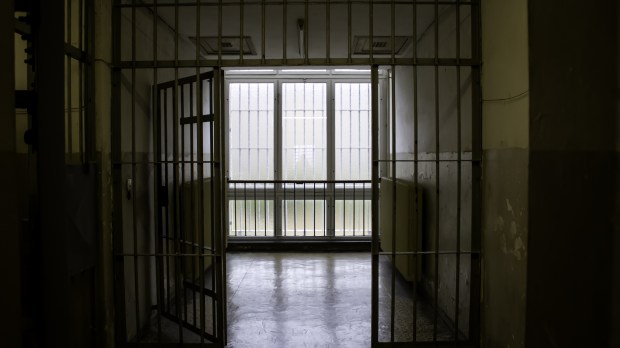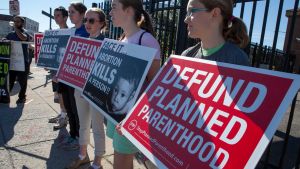Lenten Campaign 2025
This content is free of charge, as are all our articles.
Support us with a donation that is tax-deductible and enable us to continue to reach millions of readers.
The U.S. Supreme Court halted the execution of a Texas inmate just hours before it was scheduled to occur. The condemned, John Henry Ramirez, had requested that his pastor be allowed to pray over and lay hands on him in the execution chamber and was denied. The court will now review a Texas law that prohibits clerics from vocal prayer and physical contact during executions.
The New York Times reports that Ramirez was sentenced to death in 2008 for the 2004 murder of a convenience store clerk during a robbery. He then fled to Mexico where he escaped justice for nearly four years before his arrest. Over the course of his incarceration he befriended the pastor of Second Baptist Church in Corpus Christi, Dana Moore. It was Moore who Ramirez wished to pray over and lay hands on him as he died.
According to National Catholic Register, the reprieve came about three hours before the scheduled execution. The Court decided to act after reviewing a lawsuit Ramirez filed, which claimed infringement of religious liberty. The case was referred to the court by Justice Samuel Alito.
The suit challenges a 2019 Texas law that banned religious advisors from the chamber. The law stipulated that only Texas state employees are allowed in the chamber during executions. A 2021 amendment has since allowed religious advisors of any creed to accompany the condemned. Even with this update, however, they are still prohibited from praying aloud or touching. The state cites such actions as “security risks.”
Religious liberty
The case will be argued by The Becket Fund for Religious Liberty. Eric Rassbach, vice president of Becket, hailed the decision to halt the execution. He told NCR:
“We welcome the Court‘s decision to set this case for argument this fall. This issue deserves the Court’s, and the country’s, full attention. We will urge the Court to recognize that the age-old practice of comfort of clergy is protected by the United States Constitution.”
Attorneys working on the case will argue that the Texas Criminal Justice Department’s policy is in clear violation of Remirez’s constitutional rights. They will cite the long tradition of audible prayer by clergy at the moment of death. This tradition, they say, predates the founding of the United States.
“Respectful, nondisruptive — but audible — prayer at the time of executions,” said an amicus brief from Becket. “Such expression was key to both the solace and spiritual help sought by the condemned and the guiding role the clergy sought to provide.”
According to the brief order issued by the Supreme Court, the case will be argued in either October or November 2021.


